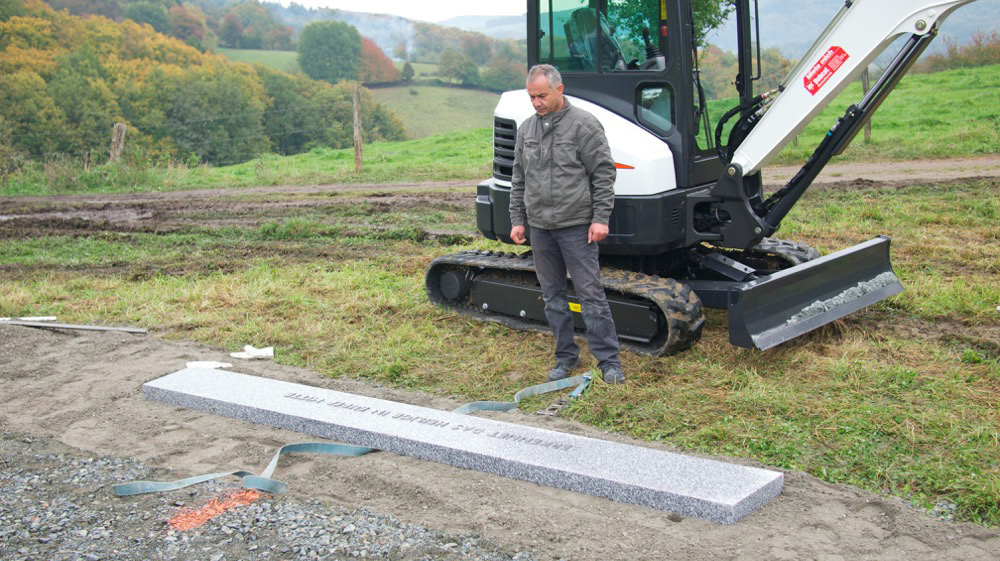Chapter Overview
The Friedensmal is not just a place of remembrance, but also a space for inner contemplation and cultural reflection. It combines traditional elements like the Tree of Life with modern concepts to foster a holistic understanding of peace and freedom.
The following chapters offer a multifaceted exploration of these themes. They delve into the complexity of freedom, shed light on the importance of boundaries and responsibility, and explore the role of memorial culture in our society. In doing so, they highlight the transformative power of art and the significance of individual responsibility.
This is more than just a collection of texts; it is an invitation to embark on a journey of reflection and engagement. Be inspired and contribute to shaping a world where peace and freedom are not just ideals, but lived reality.
Introduction - Presentation of the symbolism and elements of the Jerusalem Jerusalem Peace Monument. The monument invites inner contemplation and cultural reflection.
Blossom of Life - In this chapter, it is explained how central principles of various religions and philosophies – such as Shalom, Agape, and Ahimsa – embody universal values like peace, love, and truth. These ideas converge in the symbol of the 'Blossom of Life', which represents harmony and interconnectedness. Religious traditions serve as guides and sources of spiritual strength for people. The 'Blossom of Life' also symbolizes a spiritual life cycle, from inception to completion, emphasizing the universal order and unity of life.
The Friedensmal - The Peace Monument invites inner reflection. It expands the concept of traditional memorials that remind us of the pains of the past. Core themes are healing through sanctification, the importance of humility, and the recognition of the 'Holy in our midst.' It integrates various elements such as the Tree of Life, the Threshold of Humility, and the dark ring of alienated intellect to enable a holistic understanding of peace and freedom.
Garden of Freedom - This chapter offers an in-depth exploration of the concept of freedom, its limitations, and its significance in modern society. It introduces the 'Garden of Freedom' as a symbol for these complex issues and emphasizes that true freedom means both independence and responsibility and respect for boundaries. Finally, the importance of silence and the inner journey for achieving inner freedom is highlighted.
Stone of Encounter - A journey through the concepts of peace, freedom, and cultural identity. The chapter emphasizes the importance of boundaries as a framework for order and as protection of the sacred. It calls for consciously implementing these ideals in one's own life to create a world where 'Yerushalayim' is valid in its meaning.
